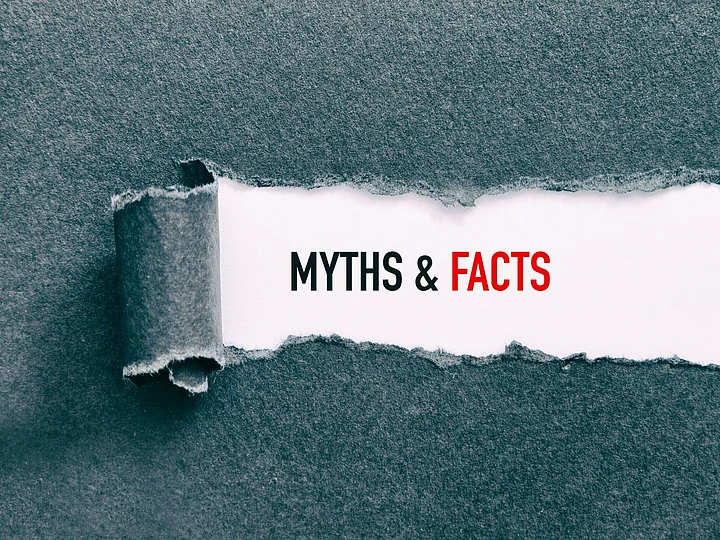According to Pubmed Central, 5.8 million people suffer from dementia in the US and it is expected to rise up to 13.8 million by the year 2050. Such large numbers can instill fear among the readers and give rise to unnecessary myths, misconceptions, and wrong information.
Here are some myths related to dementia, which can help you take certain precautions that are based on facts and not myths.
Dementia is a Disease
According to Alzheimer's Society, dementia is not a specific disease, it is a term used for various medical mental conditions and a group of symptoms of a mental disorder like loss of memory, problem solving issues, decision-making problems, etc, which interfere with the daily life thus affecting the quality of life and the relationships, feelings, emotions, and behaviour of a person.
Dementia and Alzheimer's are the Same
This a myth. Alzheimer's is a type of dementia and there are various other types like lewy body dementia, vascular dementia, frontotemporal dementia, and mixed dementia.
Though Alzheimer's is a common type of dementia that accounts for 60-80 percent of the dementia cases. According to the doctors of Mayo Clinic, there are different causes of different types.
Dementia is Hereditary
Though it is true that dementia can be genetic and can affect you if any of your family members suffered from it in the past, there are few types of dementia that do not have a genetic link.
According to Pubmed, only frontotemporal dementia (FTD) has a genetic link and it affects 15-22 people in every 1,00,000 people and if your grandparents were affected by dementia before the age of 65 years, you might have the risk of developing it too.
Dementia Affects Only the Older People
According to the doctors of Mayo Clinic, dementia commonly affects the people above the age of 65 years but there are rare chances of dementia affecting younger adults as well.
According to Medical News Today, people getting affected by dementia between the age of 30 to 64 is around 38-260 people per 1,00,000 people.
Dementia is Characterised by Memory Loss
Memory loss cannot always be a symptom of dementia. Firstly, because people tend to forget things occasionally. Forgetfullness can be symptoms of other disorders or diseases.
According to National Institute on Aging, Alzheimer's has memory loss as one of its symptoms but other types of dementia have mood changes, obsessive behaviour, and language difficulties as their prime symptoms.
Dementia is Preventable
This is a myth and studies have shown that measures and lifestyle factors can reduce the risk of dementia and delay the onset of the condition but it cannot prevent the disorder.
According to the Lancet, there are certain factors that do increase the risk of dementia in people, which include:
Dementia is Not Fatal
According to the National Institute on Aging, dementia may not be the direct reason for the deaths of patients but the disorders that cause dementia may lead to their death due to the gradual damage of the brain and body.
The people who reach the later stages of parkinson's disease and Alzheimer's are at a higher risk of death and it increases their chances of death up to three times.
(At The Quint, we question everything. Play an active role in shaping our journalism by becoming a member today.)
